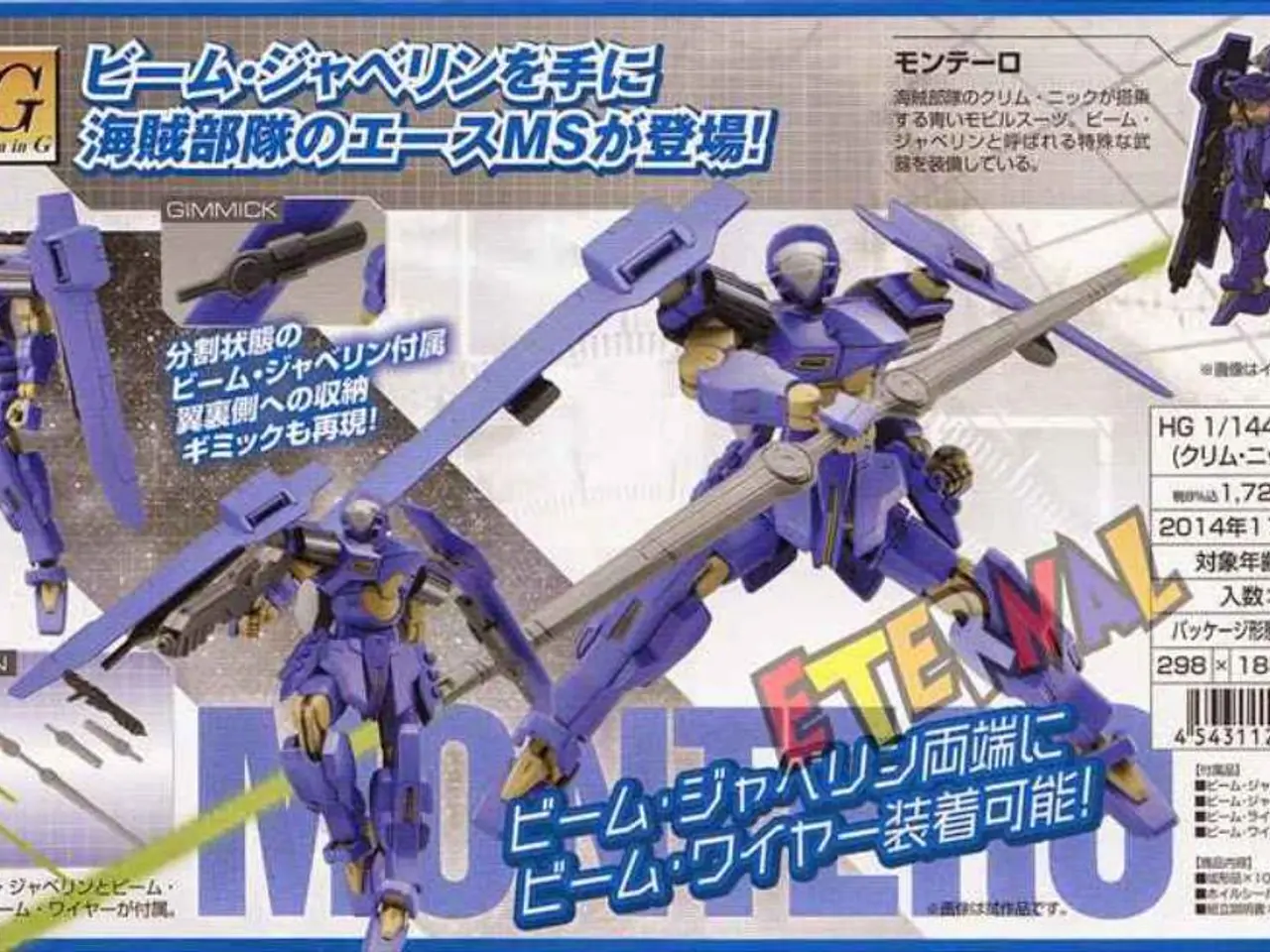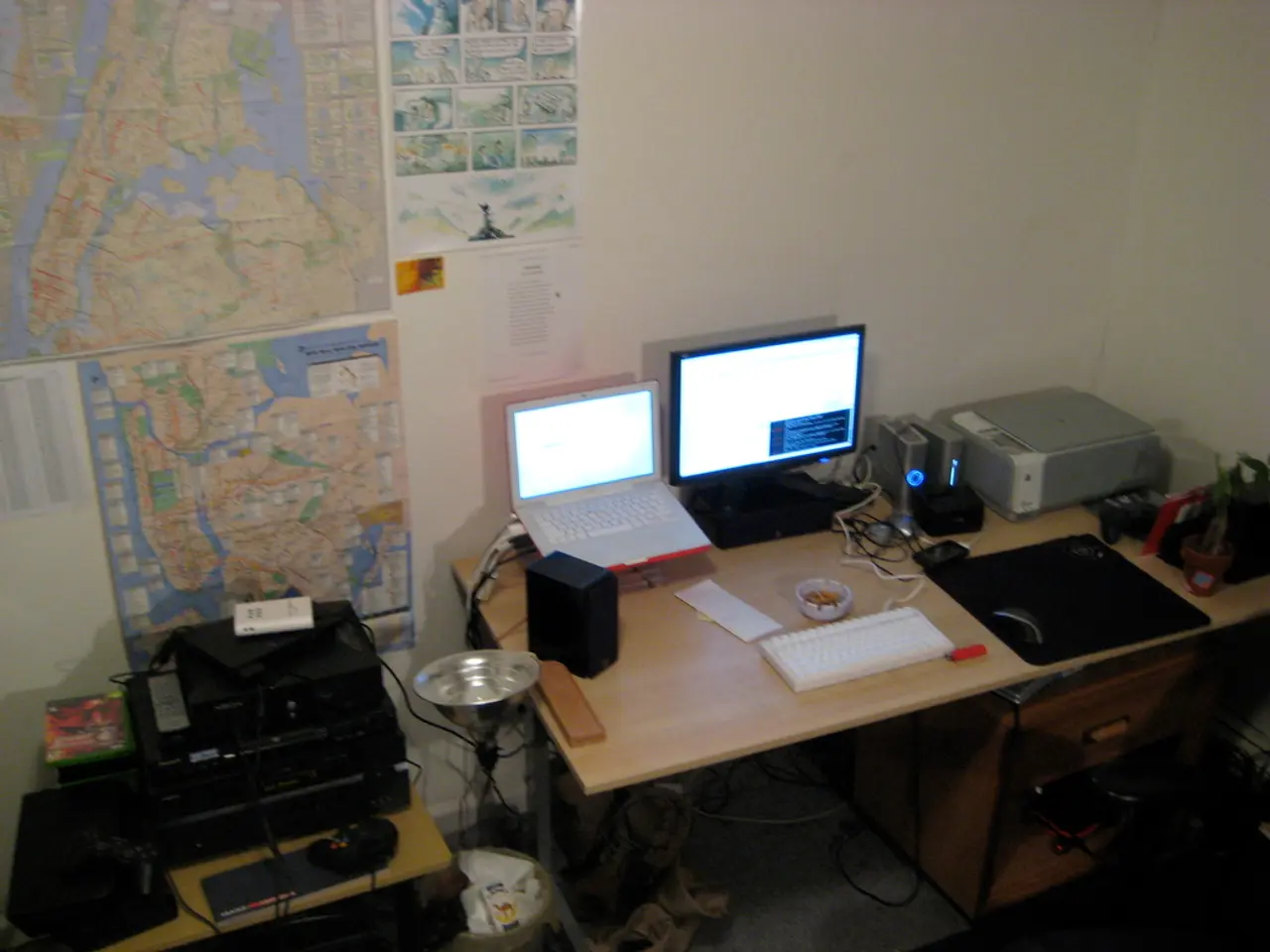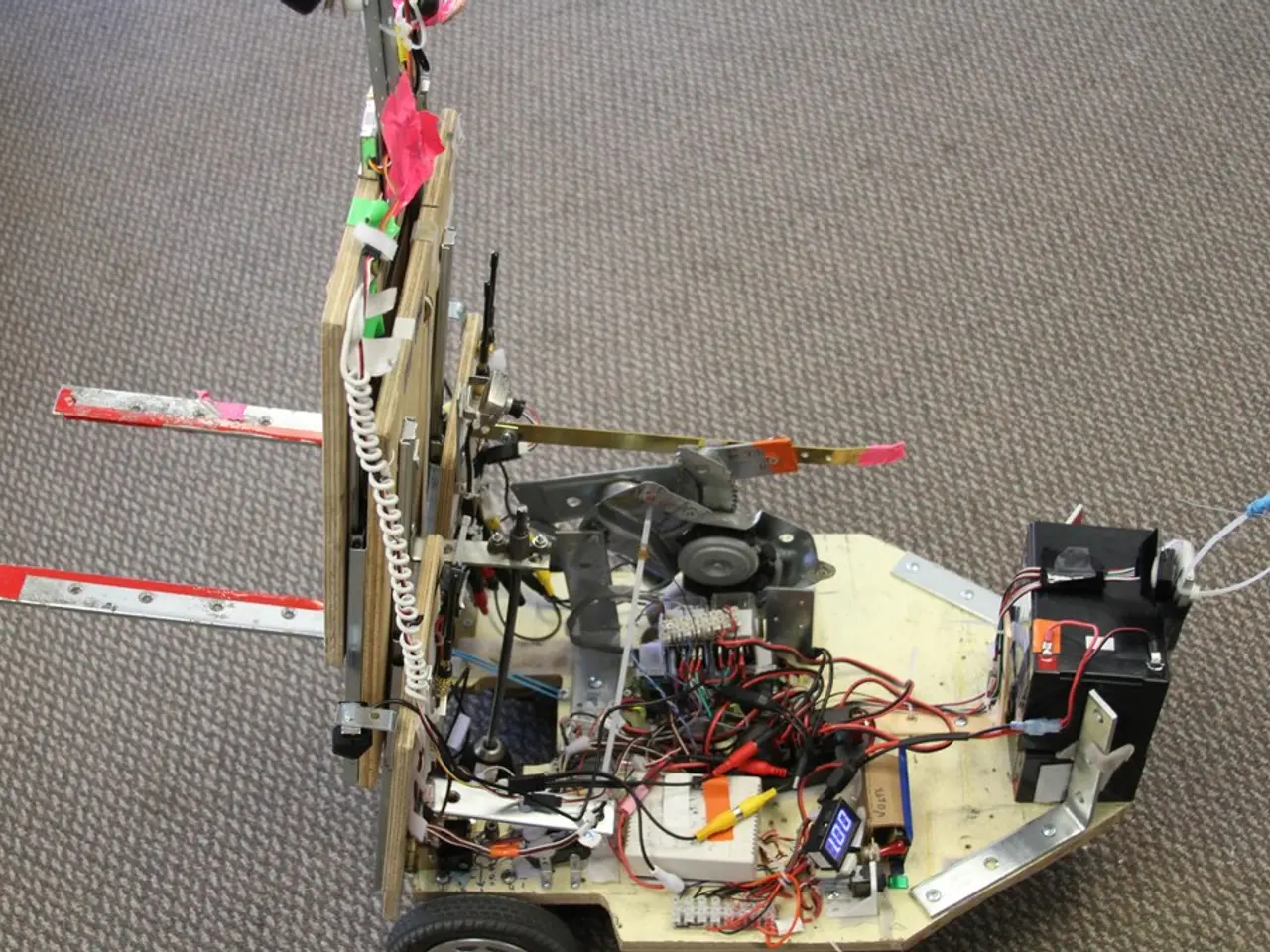Space Exploration Glossary: Insight into the Zvezda Module
The Vital Role of the Zvezda Module on the International Space Station
The Zvezda Module, also known as the Service Module, is a key component of the International Space Station (ISS) and plays a crucial role in supporting future missions to the ISS and enabling long-duration stays in space. This Russian-built module, launched in 2000, has been a reliable part of the ISS for over two decades.
Located at the aft end of the station, the Zvezda Module serves as the primary living quarters for the crew members aboard the ISS. It houses a variety of compartments, including sleeping quarters, a kitchen, a bathroom, a gym, and a control center. The module's interior is designed to provide a comfortable living environment for the astronauts, despite the challenging conditions of space.
The transfer compartment of the Zvezda Module houses the station's life support systems, including air purification, recycling, and water recycling systems. These essential systems ensure the crew's survival and well-being during their mission. The module also provides power to the ISS through its solar panels and manages the station's orientation and trajectory in space.
The Zvezda Module consists of three main sections: the forward section, the transfer compartment, and the aft section. The forward section contains the crew quarters, while the aft section houses the station's propulsion systems. Over the years, the Zvezda Module has undergone several upgrades and modifications to ensure its continued functionality and reliability.
However, as of mid-2025, the Zvezda module is experiencing a persistent small air leak in its aft segment. Despite multiple repair attempts, the leak has not been fully resolved, with Russian engineers still searching for the root cause. This issue has caused some operational challenges but does not pose immediate danger to the crew.
Looking ahead, the Zvezda module continues to serve its role, but there is no publicly announced plan to replace or upgrade it imminently. Instead, Russia is focusing on extending its space infrastructure with new modules such as the Science Power Modules (SPM-1/NEM-1 and SPM-2/NEM-2), which are planned to launch no earlier than 2027. These modules may form the core of a future Russian Orbital Service Station (ROSS), suggesting a strategic shift towards independent Russian orbital facilities. The Zvezda module’s functions remain vital for the ISS at least until these new modules and stations come online.
In conclusion, the Zvezda module is operational but facing technical issues with air leaks, and Russia plans new modules for long-term orbital infrastructure beyond the existing ISS framework. Despite these challenges, the Zvezda module continues to play a vital role in the ISS, providing essential life support systems and ensuring the comfort and safety of the crew.
- The Science Power Modules (SPM-1/NEM-1 and SPM-2/NEM-2), planned to launch no earlier than 2027, may form the core of a future Russian Orbital Service Station (ROSS), indicating a shift towards independent Russian orbital facilities. However, the Zvezda module's functions remain crucial for the International Space Station (ISS) until these new modules and stations become operational.
- The Zvezda Module's interior is designed to provide a comfortable living environment for the astronauts, despite the challenging conditions of space. This Russian-built module, launched in 2000, houses the station's life support systems and provides power to the ISS through its solar panels, underscoring the significance of science, space-and-astronomy, and technology in supporting long-duration stays in space.




